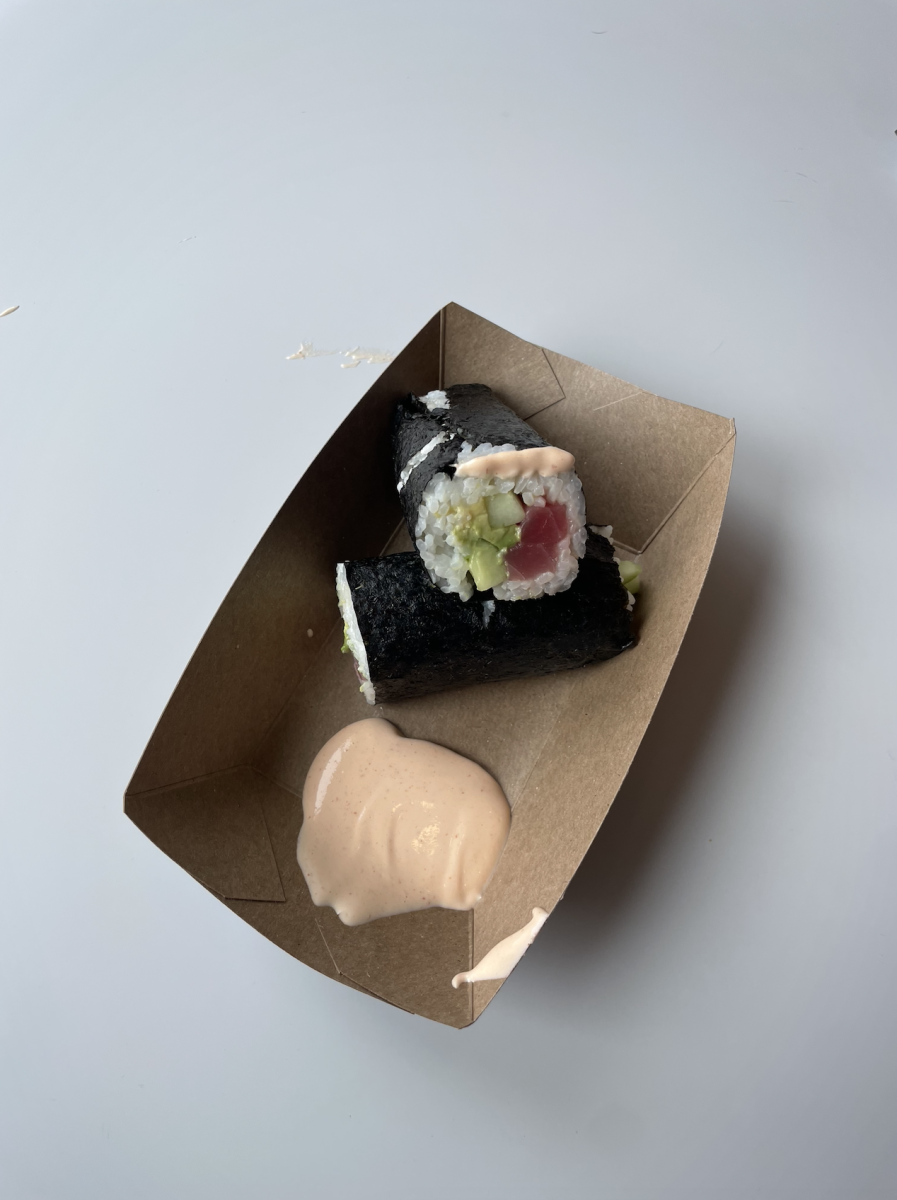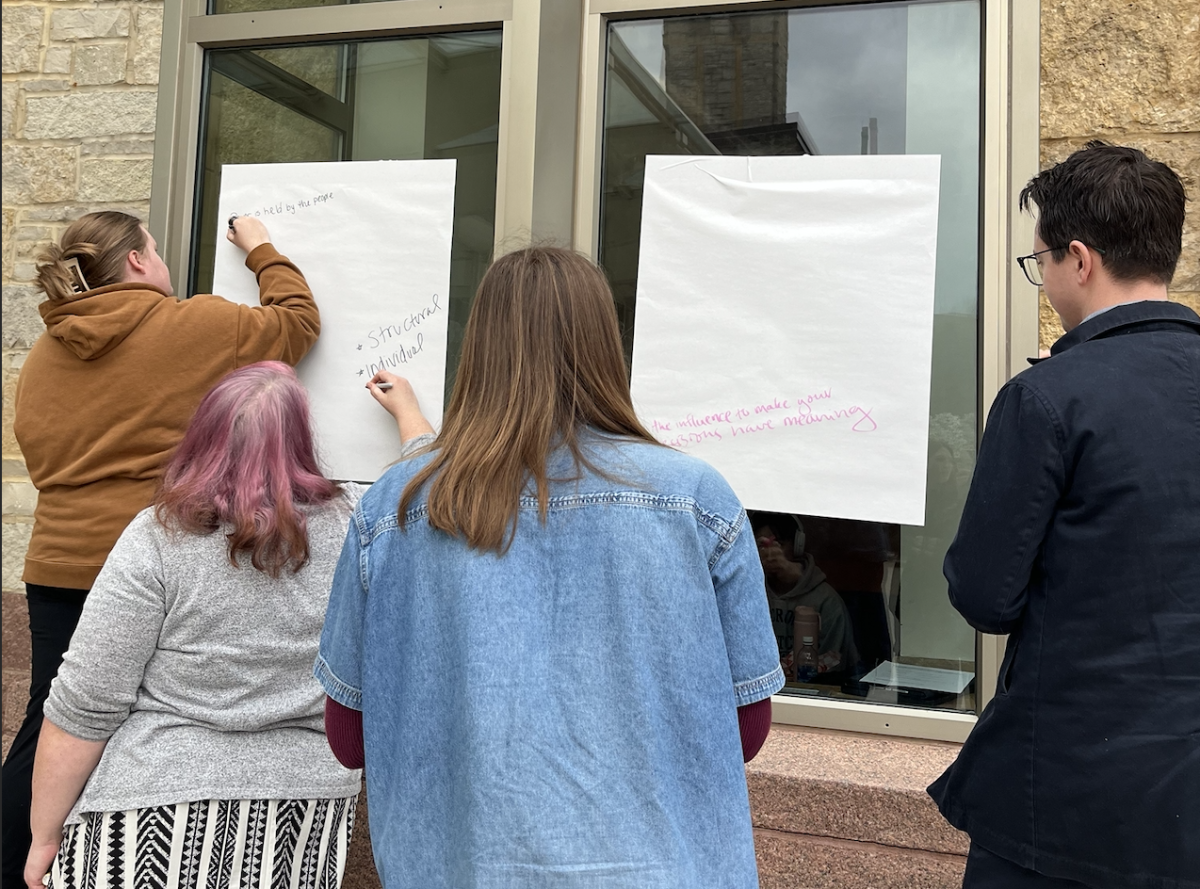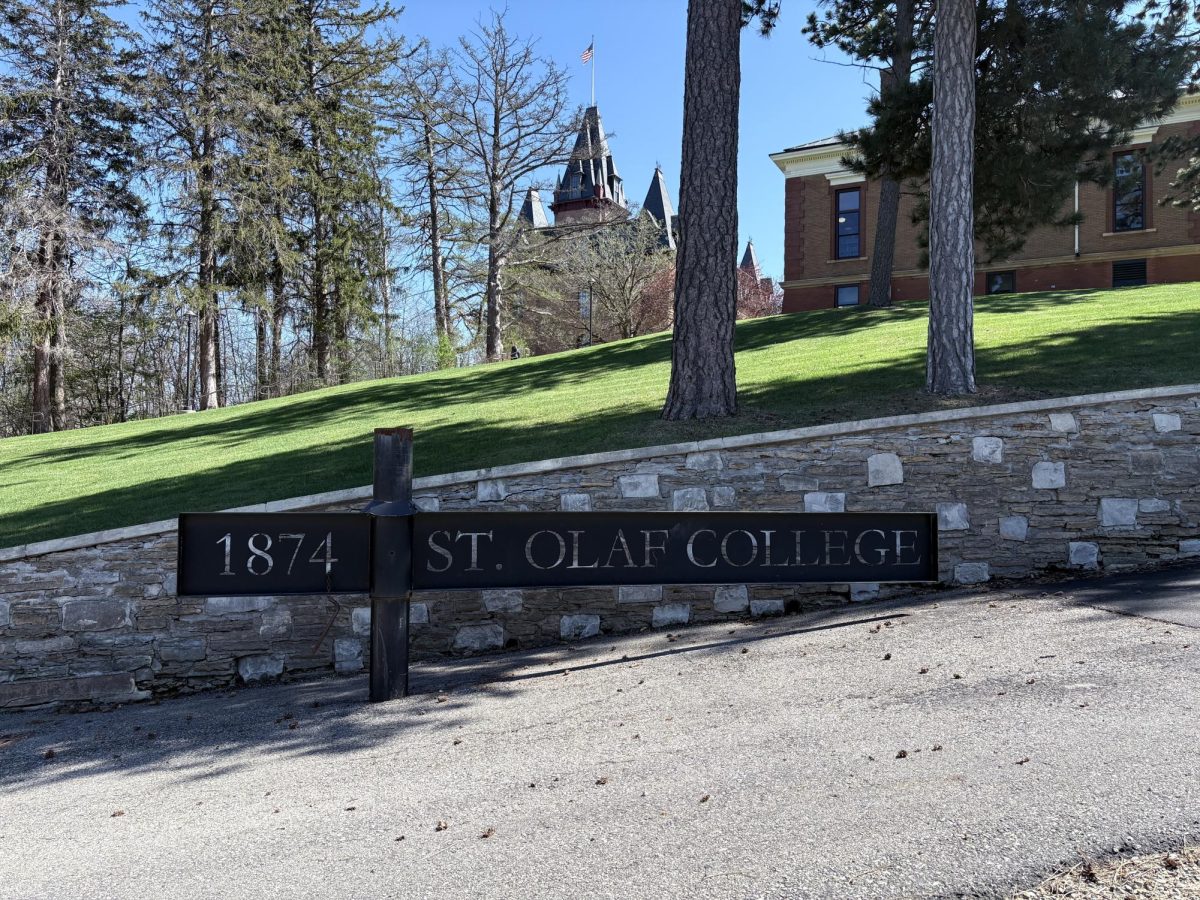The Executive Editors and News Editors of The Olaf Messenger decided to dedicate this week’s news section to coverage of community reaction to the Israel-Hamas War. Our coverage’s aim is not to explain the Israel-Hamas War in detail, but to recount reactions and events in our community. Our objective is to provide unbiased reporting that accurately reflects thoughts and opinions of various members and organizations of our community, its also important to note that St. Olaf responses have predominantly supported Palestine. We acknowledge that there are many different perspectives on the conflict, as our community is made up of a diverse group of individuals. The Olaf Messenger extends our condolences to those who are directly affected by these recent events. Campus resources and information about bias reporting can be found here.
Academic freedom protects professors from losing their jobs when speaking out about political issues. Faculty at numerous institutions have lost positions for supporting Palestine, this threat to academic freedom has increased since the beginning of the Israel-Hamas War.
Canary Mission and other organizations document information about people who support the Boycott, Divestment, Sanctions (BDS) movement. Professors, particularly BIPOC and Palestinian professors, make up most of these watchlists, making it difficult to maintain or advance their careers. Non-U.S. Citizens, professors, and students on such watchlists may even lose their visas.
St. Olaf professors are not exempt from this pressure on their academic freedom and free speech. The Palestinian professor interviewed by The Olaf Messenger wished to remain anonymous due to these concerns.
The Palestinian professor spoke of the specific limitations on academic freedom and free speech when it comes to discussing Palestine on the St. Olaf campus. “Any attempt to speak on Palestine is viewed as an attack,” the Palestinian professor said. “You either have to be silent or make a set of confessions before speaking. This is the problem with this particular institution. When it comes to Palestine, it is always the exception to free speech.”
Film and Media Studies Professor Oren Safdie was also concerned about the limits of speech on campus. He said in an email to The Olaf Messenger, “I was drawn into the issue upon receiving an email from an individual member of the SJP (Students are for Justice in Palestine), which was to inform professors about their absence from class in support of a march taking place that Friday. Copied below the email was an SJP creed, which — from my point of view — was a vicious attack on Israel void of facts, presenting situations out of context and was nothing less than vicious propaganda,”
Safdie, who is of Israeli and Syrian Jewish descent, found sections of the message anti-semitic and questioned why he received the email considering that he is not teaching this semester. “I’m all for freedom of expression, but I’m not sure this decision was able to foresee such a situation where students might abuse the privilege and create a hostile work/study environment for other members of the community,” Safdie said in an email to The Olaf Messenger.
Having the privilege to discuss or not discuss the war is a question of who on this campus can choose to distance themselves from the Israel-Hamas War. “When you come from Palestine, you do not choose to divest yourself from the place. You can not separate yourself from the politics of the place. It’s terrifying on this campus as a Palestinian, and it always has been.” the Palestinian professor said. “There is always the expectation that when a particular issue appears in the BIPOC community, it is their job to respond — no one else.”
Professors with personal relationships to the region face constant questioning when speaking on the Israel-Hamas War. “As a Palestinian, the entire world expects you not to propose an intellectual, rational response to Gaza but an ideological one. We don’t owe the world anything,” the Palestinian professor said.
Safdie also spoke about the geopolitical implications of the war. “We speak about the indigenous people of North America, but Jews have had a connection and presence in Israel for 5000 years,” said Safdie in an email to The Olaf Messenger. “If you believe Israelis are occupying colonialists, then Americans must admit they are too. And if Jews have no business being in Israel, then I think we should all clear out from Minnesota and go back to where we came from.”
Both professors believe there needs to be more conversations about the relationship between Israel and the United States. “The United States can not be a peace broker in a war where they support one side,” the Palestinian professor said, “Every American needs to understand this: they are a party in the war.”
Without security in their academic freedom, many faculty are unable to address the Israel-Hamas war.



